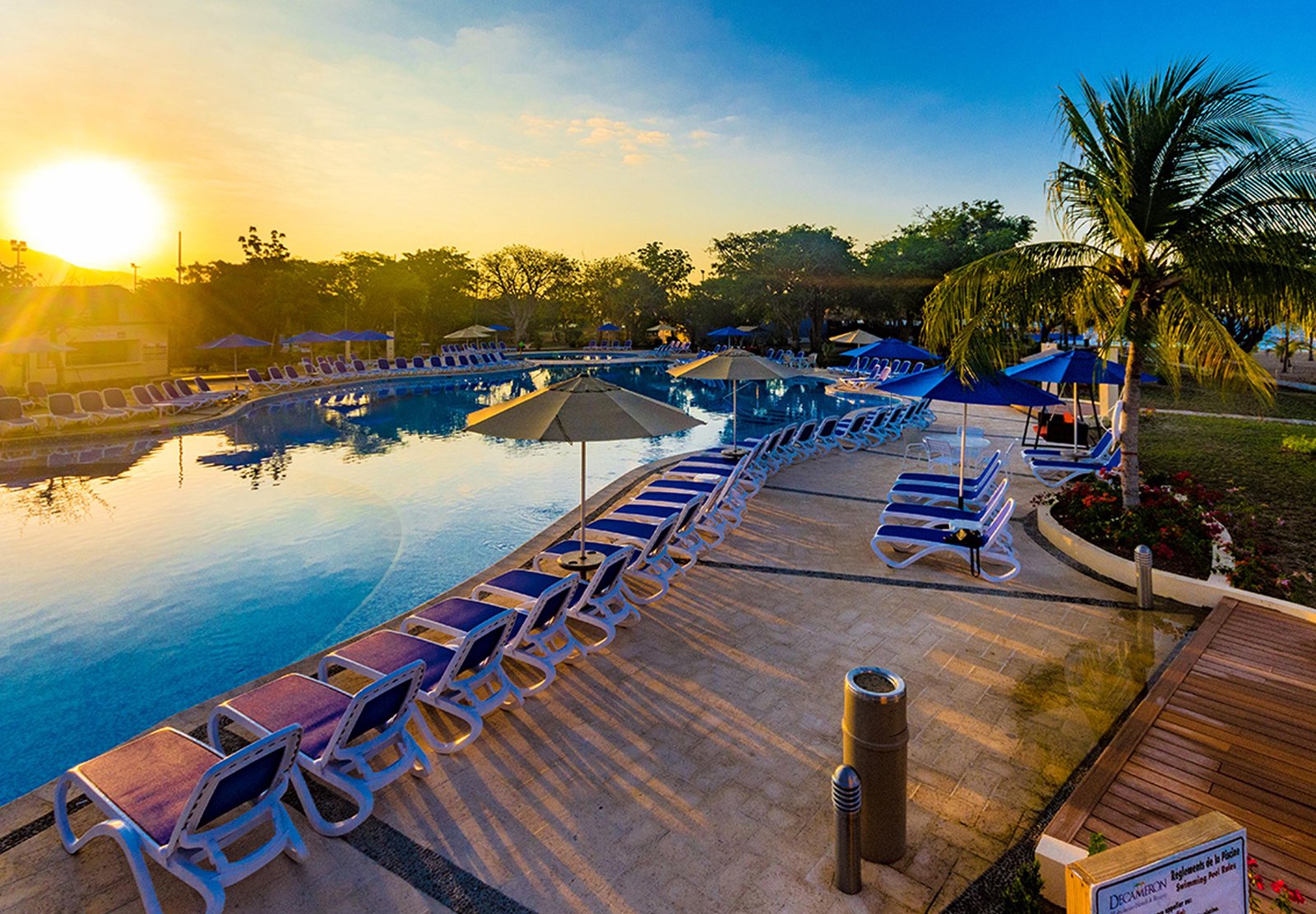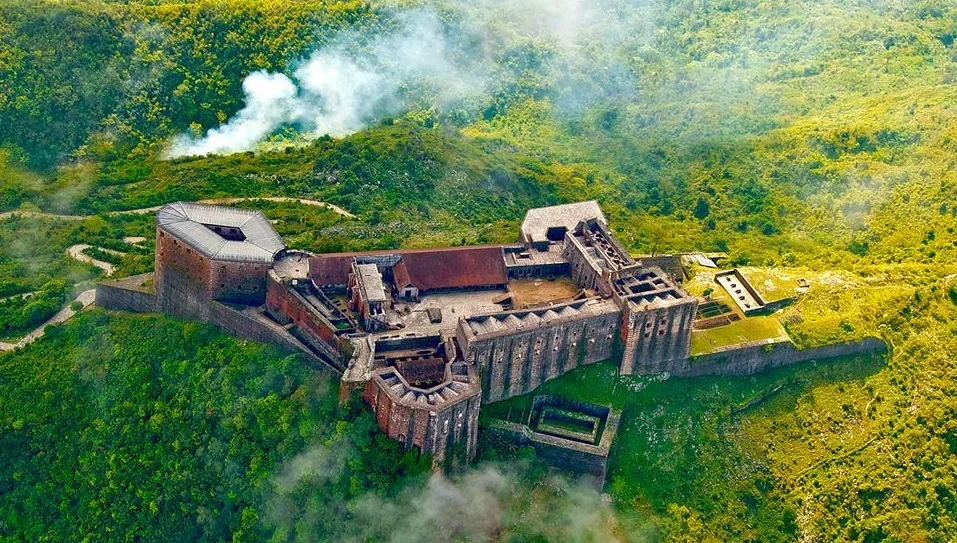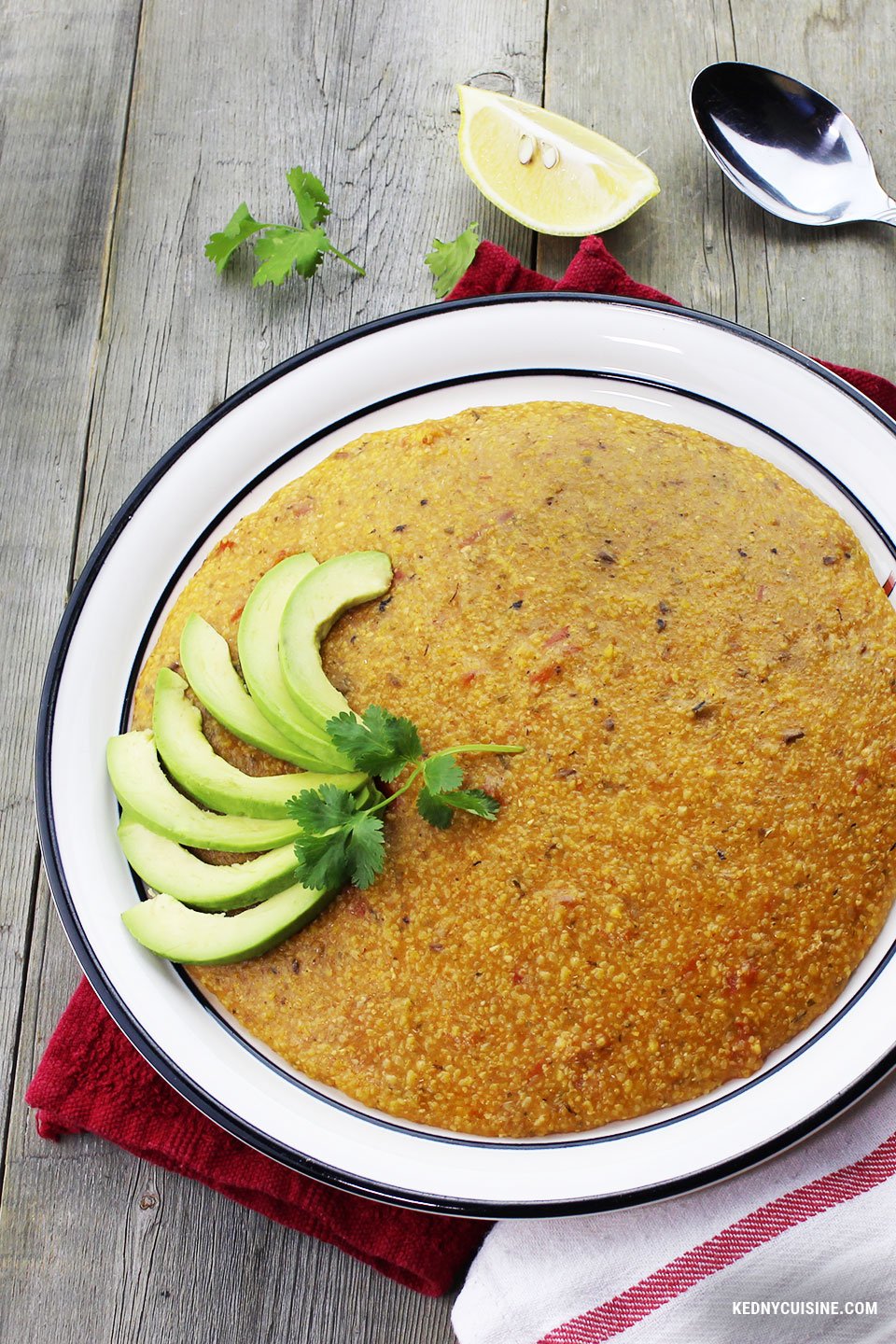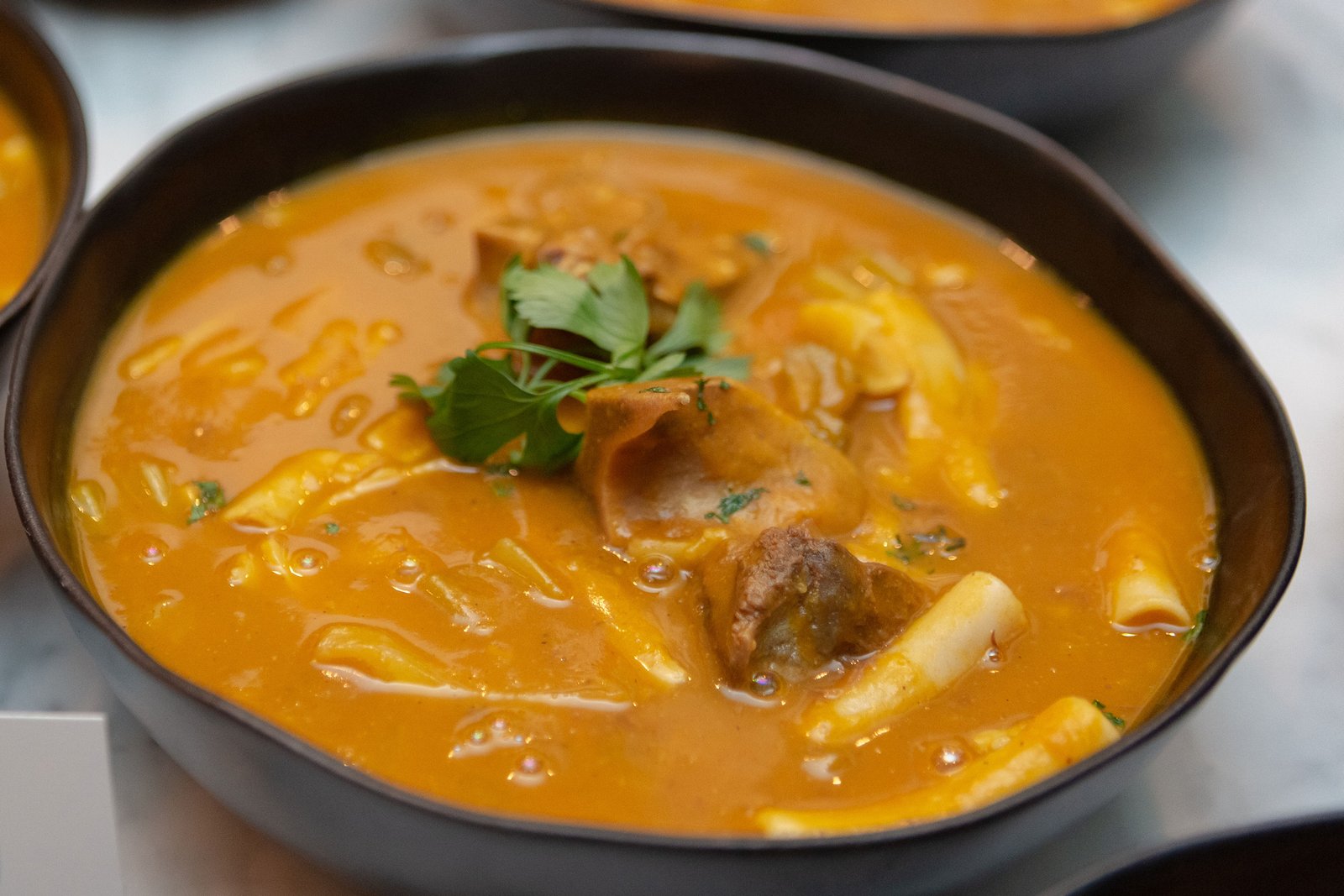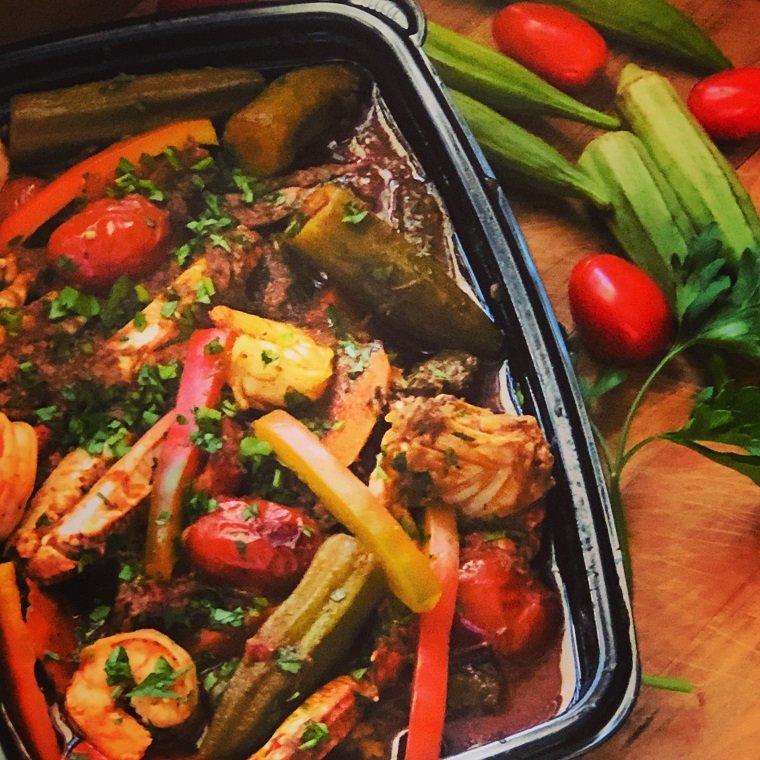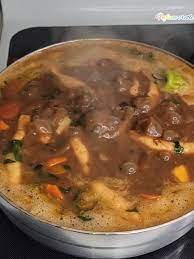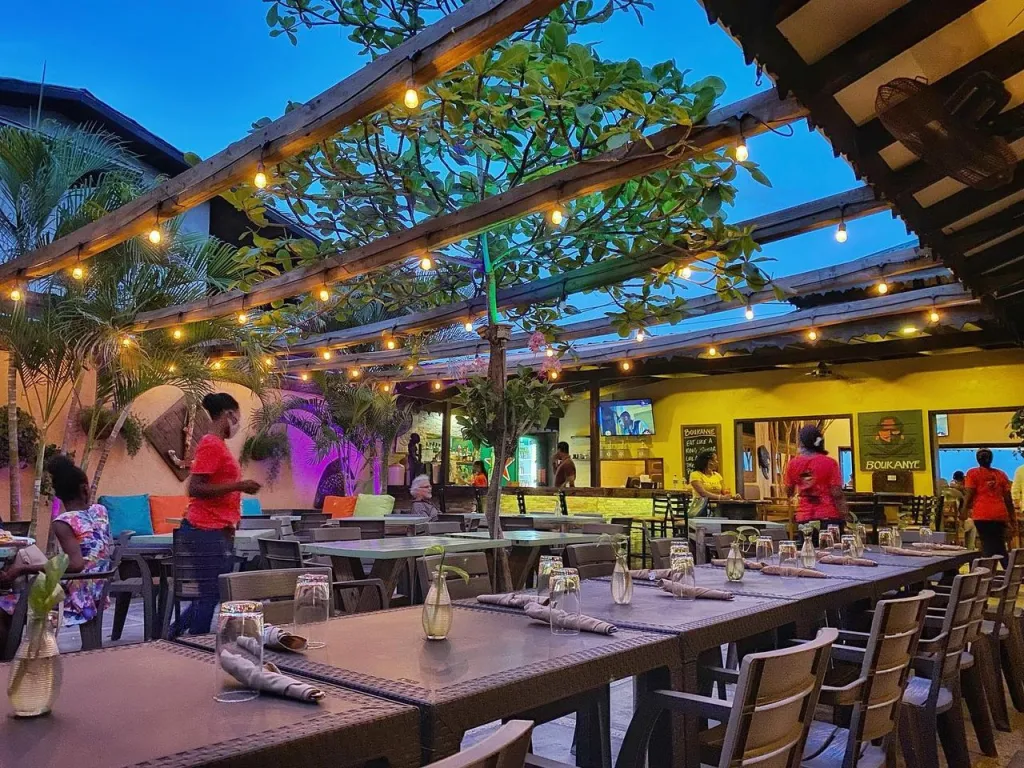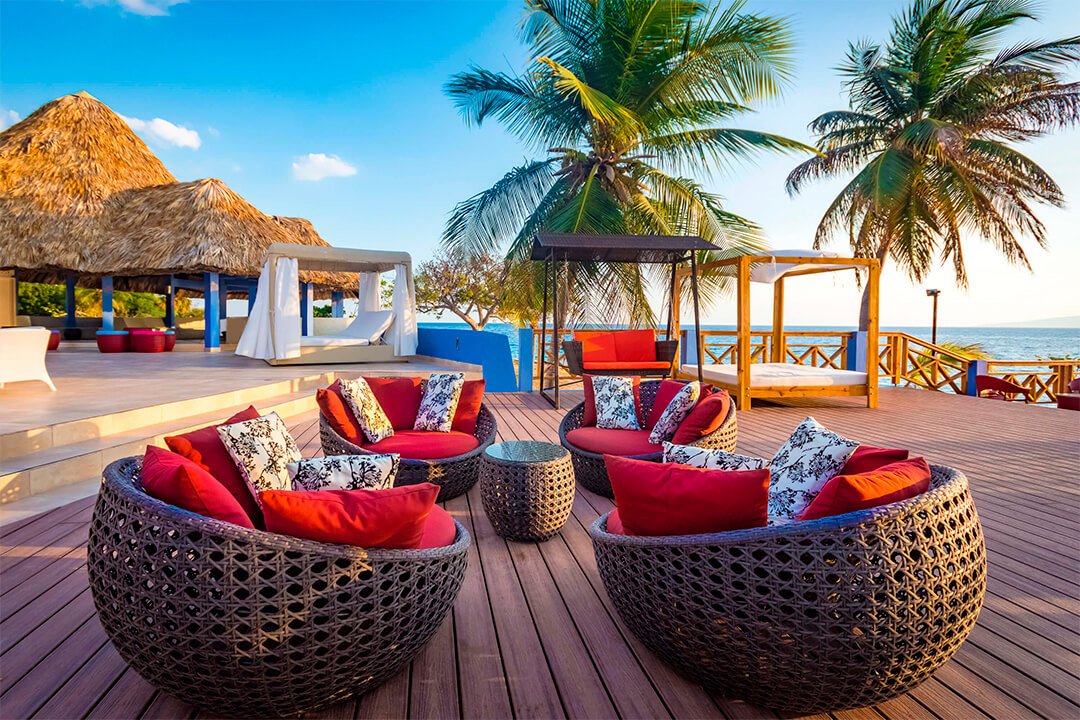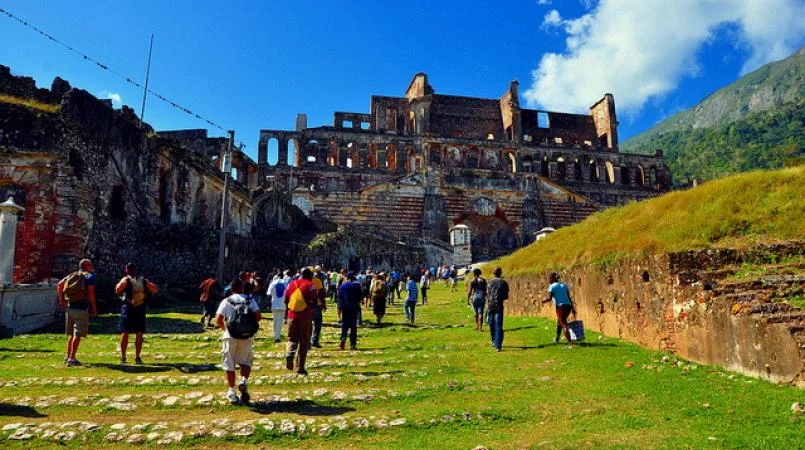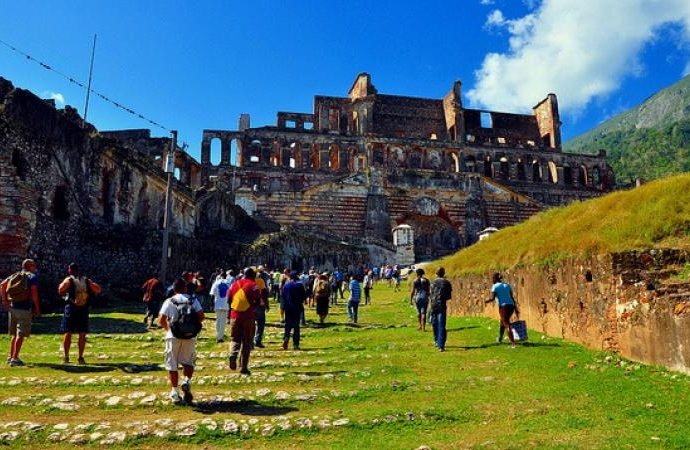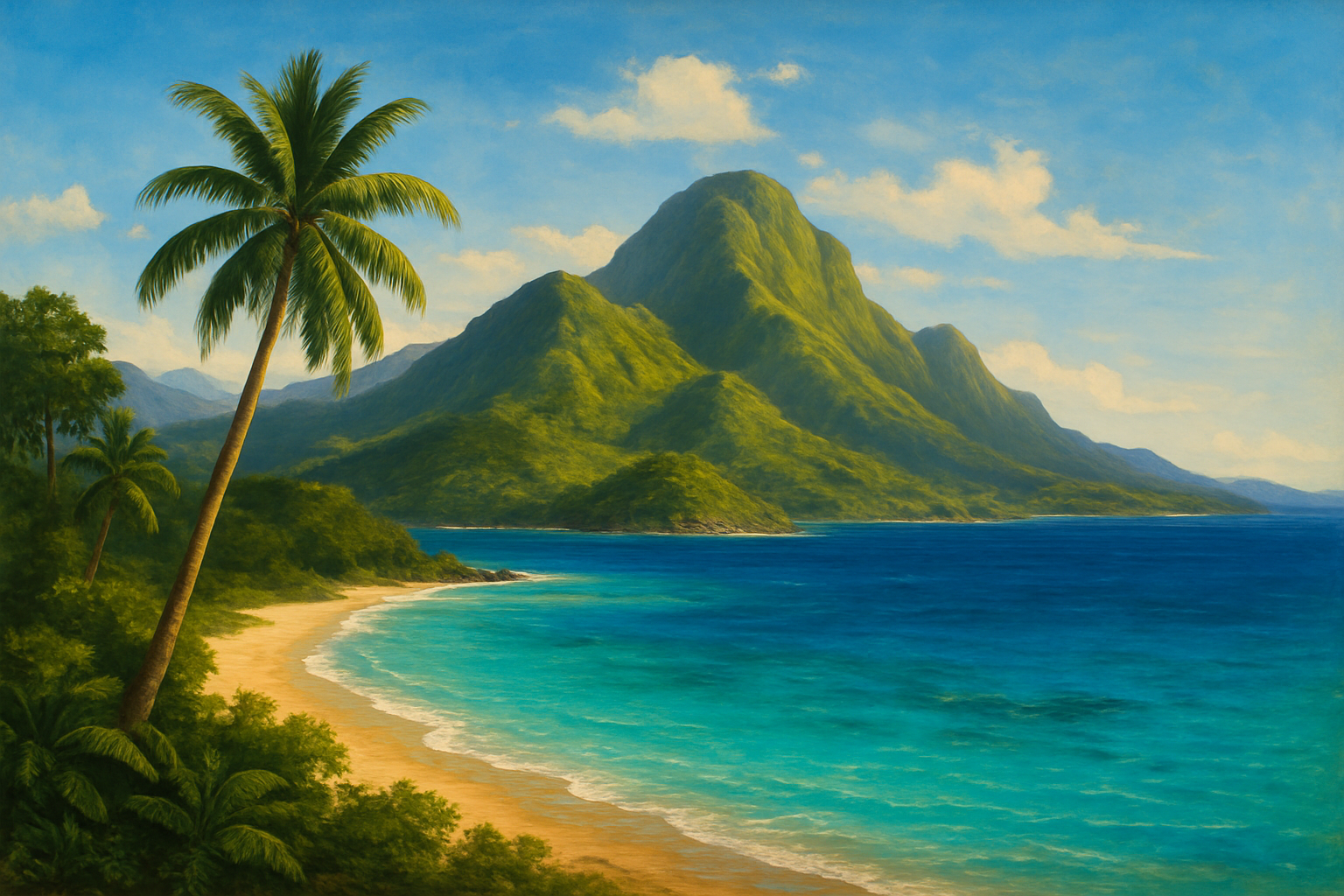Boukanye
Dans le paysage pittoresque du Cap Haïtien, se dresse un lieu qui incarne l’essence même de l’art et de la cuisine haïtienne : Boukanye. Cette maison du pirate, fondée en juillet 2016, est devenue rapidement un joyau incontournable parmi les restaurants de la région, attirant des visiteurs du monde entier pour son atmosphère rustique et son menu innovant.
Situé sur le boulevard, Boukanye est bien plus qu’un simple restaurant ; c’est une expérience à part entière. Dès qu’on franchit ses portes, on est accueilli par un décor qui célèbre l’artisanat local et l’histoire des pirates qui ont sillonné ces eaux autrefois. Les murs ornés de peintures vibrantes et de sculptures témoignent de l’engagement du lieu envers l’art haïtien, créant une ambiance chaleureuse et authentique.
Mais Boukanye ne se contente pas de séduire par son esthétique ; sa cuisine est tout aussi captivante. Inspiré par les saveurs locales, le restaurant propose une fusion inventive de plats traditionnels haïtiens et de techniques culinaires contemporaines. Que ce soit pour le petit-déjeuner, le déjeuner ou le dîner, le menu de Boukanye offre une variété alléchante de plats saisonniers, accompagnés de cocktails exquis qui célèbrent les ingrédients locaux.
Ce qui distingue également Boukanye, c’est son engagement envers l’innovation. En lançant une visite virtuelle accessible via smartphone ou casque de réalité virtuelle, le restaurant a repoussé les limites de l’expérience culinaire. Grâce à cette technologie immersive, les visiteurs du monde entier peuvent désormais explorer les charmes de Boukanye depuis chez eux, plongeant dans son atmosphère envoûtante et découvrant ses délices culinaires uniques. https://haitiwonderland.com/haiti-virtual-reality-ht/bar--restaurant/haiti--boukanye--visite-virtuelle/7
Que l’on soit un habitant du Cap Haïtien ou un voyageur avide d’expériences authentiques, Boukanye offre une escapade inoubliable dans le cœur même de la culture haïtienne. En combinant art, cuisine et innovation, ce restaurant incarne parfaitement l’esprit vibrant et dynamique de Haïti, invitant chacun à embarquer pour un voyage sensoriel inégalé.












